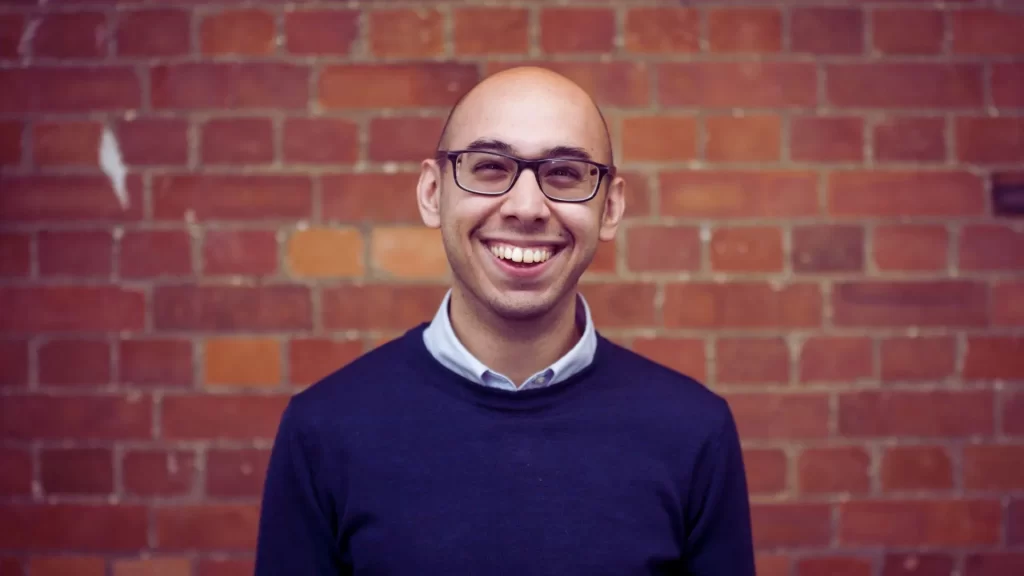The Hundred 2024 Investment: What Will England’s 100-Ball Competition Look Like in 2025 After ‘Project Gemini’?
The Hundred returns for its fourth season on Tuesday with fireworks, live music, and a sold-out crowd at The Oval. This season, however, there will be just as much focus on the hospitality suites as on the field. The ECB plans to use the competition as a showcase for potential investors in the eight teams, inviting top figures from the sports world for a closer look.
In late 2022, the ECB turned down a significant offer from private equity firm Bridgepoint Capital to buy a controlling stake in The Hundred. Instead, over the past 18 months, they have been discussing the tournament’s future. In 2023, they launched ‘Project Gemini’ to develop their preferred option: a revamped Hundred with external investors buying stakes in the eight teams, ready for the 2025 season.

“We’ve seen a significant demand from various investors,” says Vikram Banerjee, the ECB’s head of business operations, leading the project. “I hope we establish partnerships with some IPL teams, but we’ve also sent out information to NFL owners explaining cricket and its rules.”
Although the formal sales process will begin late this year, informal discussions have been ongoing for months. Banerjee has traveled to India and spoken multiple times with the owners of every IPL and WPL franchise. Interest extends globally, with parties from Australia, South Africa, Pakistan, the USA, and India reaching out.
Potential investors observing the 2024 edition will see a solid foundation. The Hundred attracts strong crowds—around 580,000 tickets were sold last year over 34 matchdays—and has support from both terrestrial (BBC) and subscription (Sky Sports) broadcasters. The men’s and women’s double-headers have also been a huge success.
However, there are challenges. The first week of the men’s competition coincides with England’s third Test against the West Indies, and squads are further depleted by the final stages of Major League Cricket. “We need to position ourselves not just to compete but to win,” says Richard Gould, the ECB’s chief executive.
“They’ll need to show that this competition is already attracting new fans, and with more investment, it could grow even bigger,” says Omar Chaudhuri of Twenty-First Group. “The pitch is: we’ve got something good that can be great with the right investment.”

Gould mentions there are no active discussions about changing the format from 100 balls per side to T20 but suggests that two new franchises might be added by 2029, when a new broadcast rights cycle begins. “There’s an ambition to expand the competition,” he says.
How Will the Investment Process Work?
The ECB plans to start the formal process in September, building on the momentum from the tournament. They have appointed financial advisors Deloitte and the Raine Group. The process will be complex: first, the ECB will hand 51% stakes to the eight ‘hosts’—seven counties and the Marylebone Cricket Club (MCC) for London Spirit. The hosts will then decide whether to sell some, all, or none of their stakes, and bids will be invited from private investors.
“It won’t be a simple highest-bidder-wins process,” Banerjee explains. “Money is important, but we also need partners who will support English cricket long-term. We’ll ask for numbers and financials, but also qualitative aspects to ensure the best outcome for English cricket.”
Slow Progress
The ECB aims to finalize details before next year’s draft, but there have been frustrations from prospective investors due to a lack of clarity. The Telegraph reported that interest had cooled, and Gould noted potential buyers trying “to negotiate through the media.” Some hosts have already had meaningful talks with potential buyers, but key questions about control and governance remain.
The Missing One Percent
Owning a minority stake may not appeal to all. One IPL franchise official expressed no interest in being a “passive investor” with no meaningful control. “It’s a challenge for investors to not have a majority stake,” says Adam Sommerfeld of Certus Capitals. However, hosts could propose models where a 49% stakeholder still has significant control over operations, branding, and naming rights, similar to Jim Ratcliffe’s stake in Manchester United.
Franchise Valuations
Franchise values will vary significantly, with estimates ranging from £30-120 million depending on location. Teams’ revenue will mainly come from central broadcast income, making smaller teams potentially shrewd investments. “In a closed league, revenues are distributed evenly, and there’s no downside of relegation,” Chaudhuri explains. “A smart investor could buy a lower-priced team and focus on performance for profitability.”

Early indications suggest that around half of the franchises could see investment from IPL owners, with Reliance reportedly interested in London Spirit. “We want owners who can invest in and grow their teams and are willing to collaborate,” Chaudhuri says. The ECB aims to avoid any single franchise becoming too dominant, learning from examples like Manchester City in the Premier League.
The Women’s Hundred
The Hundred has significantly boosted women’s cricket in England and Wales. “The Hundred has provided a platform to boost the visibility of the women’s game,” says Tammy Parlour, CEO of the Women’s Sport Trust. The Trust’s research found that 1.3 million people only watched the women’s competition on TV, indicating even higher potential with primetime slots. “Visibility drives engagement,” Parlour notes.
Investors find the double-header model appealing, and Chaudhuri believes genuine interest in the women’s competition should be a “red line” for potential owners.
Why Now?
The Hundred now competes with multiple short-form leagues, making it crucial to retain top players. “We need to ensure we keep our best players,” Gould says. Banerjee believes cricket is experiencing a pivotal moment, and timely investment will prevent others from gaining an advantage.